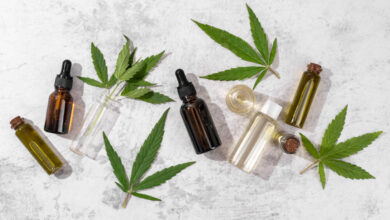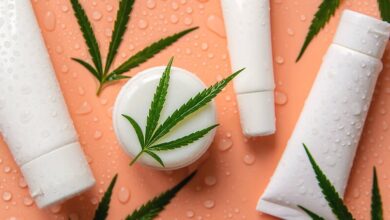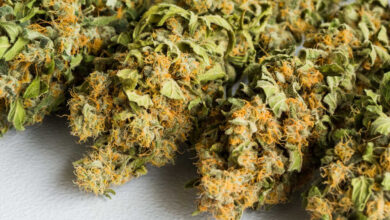7 Tips for Successfully Germinating Cannabis Seeds

Cannabis is rapidly becoming one of the most popular plants to grow in the world as it gets more and more legalized throughout the United States, and many hobbyists and farmers find themselves getting curious about the process of growing it. However, before you start your own small farm, you should make sure you know what you’re doing, so keep reading for some of the best tips to grow cannabis.
Choose the right seeds.
Humboldt cannabis seeds are highly varied and have lots of different characteristics, so if you want to grow your plant successfully, you’ll have to make sure you have the right seeds. Seeds come in different variants, but the most important differentiations are regular, feminized, and auto-flowering, and the way they grow differs depending on the one you choose. You should also inspect the seeds you have before you plant or purchase them, looking for a hard outer shell that has a dark color. If the shell is pale, or if it’s soft or even cracked, it’s most likely damaged and will give you a subpar plant or won’t grow at all.
Used distilled water.
While seeds are picky, maintaining the soil they grow in is important, too, and the best way you can do this is by using distilled water. Distilled water is pure and contains no solutes or pollutants, while regular tap water that many people use for watering is not pure and has lots of dissolved salts and ammonia. Tap water can cause a problem as it lowers the pH of the soil, making the seed unable to grow and germinate, and can have insufficient nutrients for germination.
Soak before planting.
The most important part of growing and germinating a seed is making sure it’s in contact with water, as the dormant enzymes, fat, and carbohydrates stored inside will become activated in the presence of water. To ensure this happens, you should soak all of your seeds in a container full of water for 12 to 24 hours before you plant the seeds. This way, you’ll ensure that the enzymes have begun activating, and the germination process will be made easier and more consistent.
Plant your seeds at the right depth.
Planting at the right depth is important, as it ensures the seed is deep enough to sprout and grow roots. If you’ve been preparing your seeds right, they may have already cracked and shown signs of germinating. Place the cracked side, facing down, into the soil, and place it at least 4 to 5 centimeters deep before covering it up properly. To make sure it has enough nutrition, mix peat and coco coir together to serve as the growing medium.
Maintain the environment around the seeds.
The environment the seeds are in matters a lot and can make the difference between a seed germinating on time or one germinating late and producing a poor-quality plant. The most important environmental factors are pH, temperature, and humidity, all of which need to be carefully monitored. Ensure a stable temperature between 70-85°F (21-29°C), keeping the humidity level around 60-70% to promote moisture without risking mold and to prevent overwatering. You can also use a propagation dome to cover the container and make it more humid, which can nurture seeds and seedlings.
Provide a light source.
A light source is crucial if you want to grow your plant, as it plays a central role in photosynthesis and will allow your plant to harness its energy to grow. While light is not important in the early phases of germination, without it, your seedlings will immediately wither and die without a source of food and energy. Make sure the light is low-intensity if you’re growing it inside to prevent damage, and if you’re growing outdoors, make sure the plant is getting enough sun.
Carefully transplant your seeds.
Once your seeds are close to finishing their germination process, you’ll have to ensure that they’re in a container that’s good enough for them to grow further. Take your seedling, making sure its roots and stem are still intact, and place it in a bigger container with more soil so that it has enough room and nutrition from the soil to grow and finish germinating.
Conclusion
Gardening isn’t the easiest thing in the world, no matter what you’re growing, but it’s even more difficult for cannabis, a plant that is very picky and comes in all kinds of variants and strains. Many people are growing this plant for the first time, as, in the past, it’s been criminalized, which is why it’s all the more important to know what you need to do, which you will if you use the information in this article.



